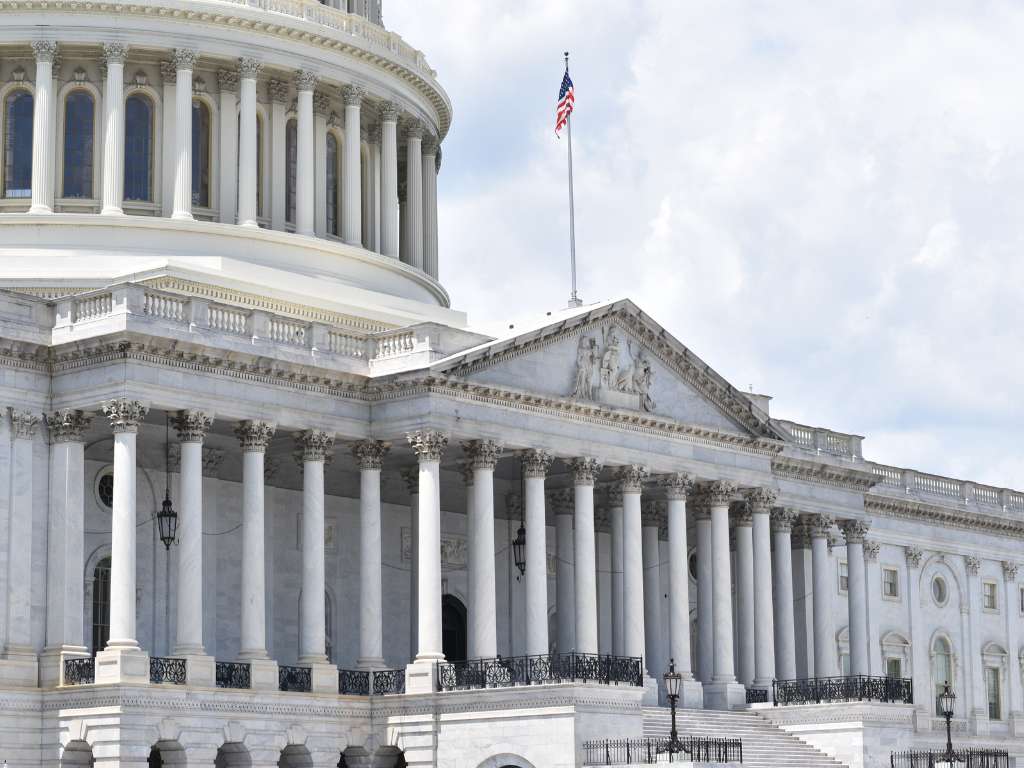What are Simplified Acquisition Procedures?

Simplified Acquisition Procedures (SAPs) offer a streamlined method for federal agencies to procure goods and services efficiently. Let’s delve into what SAPs entails and how it benefits both government agencies and small businesses: Overview of Simplified Acquisition Procedures: SAPs are purchasing methods designed to simplify the procurement process for acquisitions below a certain threshold. These […]
Navigating RFP Support: FAQs Answered

As businesses delve into the world of government contracting, understanding the ins and outs of Request for Proposal (RFP) support becomes crucial. Here are some frequently asked questions about RFP support, demystified: What exactly is RFP support? Who can benefit from RFP support services? How can support improve my proposal quality? Will outsourcing support save […]
The Benefits of RFP Support

In the competitive arena of government contracting, responding to Requests for Proposals (RFPs) demands precision, strategy, and expertise. RFP support services offer invaluable assistance to businesses navigating this complex landscape, providing a range of benefits that can significantly enhance their chances of winning contracts. Let’s explore the advantages of leveraging RFP support: Expert Guidance and […]
Understanding RFP Support: Enhancing Your Proposal Process

In the realm of government contracting, Request for Proposals (RFPs) are critical documents that outline project requirements and invite bids from potential vendors. Successfully responding to an RFP requires careful planning, strategic thinking, and attention to detail. This is where RFP support comes into play. Let’s delve into what RFP support entails and how it […]
Navigating 8(a) Set-Aside Contracts: FAQs

As small businesses delve into the realm of government contracting, the prospect of 8(a) set-aside contracts often raises several questions. Here, we address some of the most commonly asked queries to provide clarity and guidance: What Exactly Are 8(a) Set-Aside Contracts? 8(a) set-aside contracts are federal contracts exclusively reserved for small businesses participating in the […]
The Benefits of 8(a) Set-Aside Contracts

In the dynamic landscape of government contracting, 8(a) set-aside contracts shine as beacons of opportunity, offering a multitude of advantages for small businesses participating in the Small Business Administration’s (SBA) 8(a) Business Development Program. Let’s explore the myriad benefits these contracts bring to eligible firms: Access to Exclusive Opportunities: Perhaps the most significant benefit of […]
8(a) Set-Aside Contracts: A Guide to Opportunities

In the realm of government contracting, the 8(a) Business Development Program stands as a beacon of opportunity for small businesses owned and operated by socially and economically disadvantaged individuals. Central to this program are 8(a) set-aside contracts, which play a pivotal role in leveling the playing field and fostering the growth of disadvantaged businesses. Let’s […]
The HUBZone Program: FAQs

Navigating the intricacies of the Historically Underutilized Business Zones (HUBZone) Program can be daunting for small businesses seeking federal contracting opportunities. Here are some frequently asked questions (FAQs) about the HUBZone Program, along with insightful answers: What is a HUBZone and How Does it Benefit Small Businesses? A HUBZone is a designated geographic area identified […]
The Advantages of the HUBZone Program

The Historically Underutilized Business Zones (HUBZone) Program stands as a beacon of hope for businesses situated in economically distressed areas, offering a pathway to federal contracting opportunities and economic revitalization. Let’s delve into the myriad benefits of the HUBZone Program: Access to Federal Contracts: Participating in the HUBZone Program opens doors to a wide array […]
The HUBZone Program Explained

The Historically Underutilized Business Zones (HUBZone) Program is a federal initiative designed to stimulate economic development and job creation in distressed communities by providing preferential access to government contracting opportunities. Here’s an overview of the HUBZone Program: Definition of HUBZone: HUBZones are designated geographic areas that meet specific criteria indicating economic distress, such as high […]
